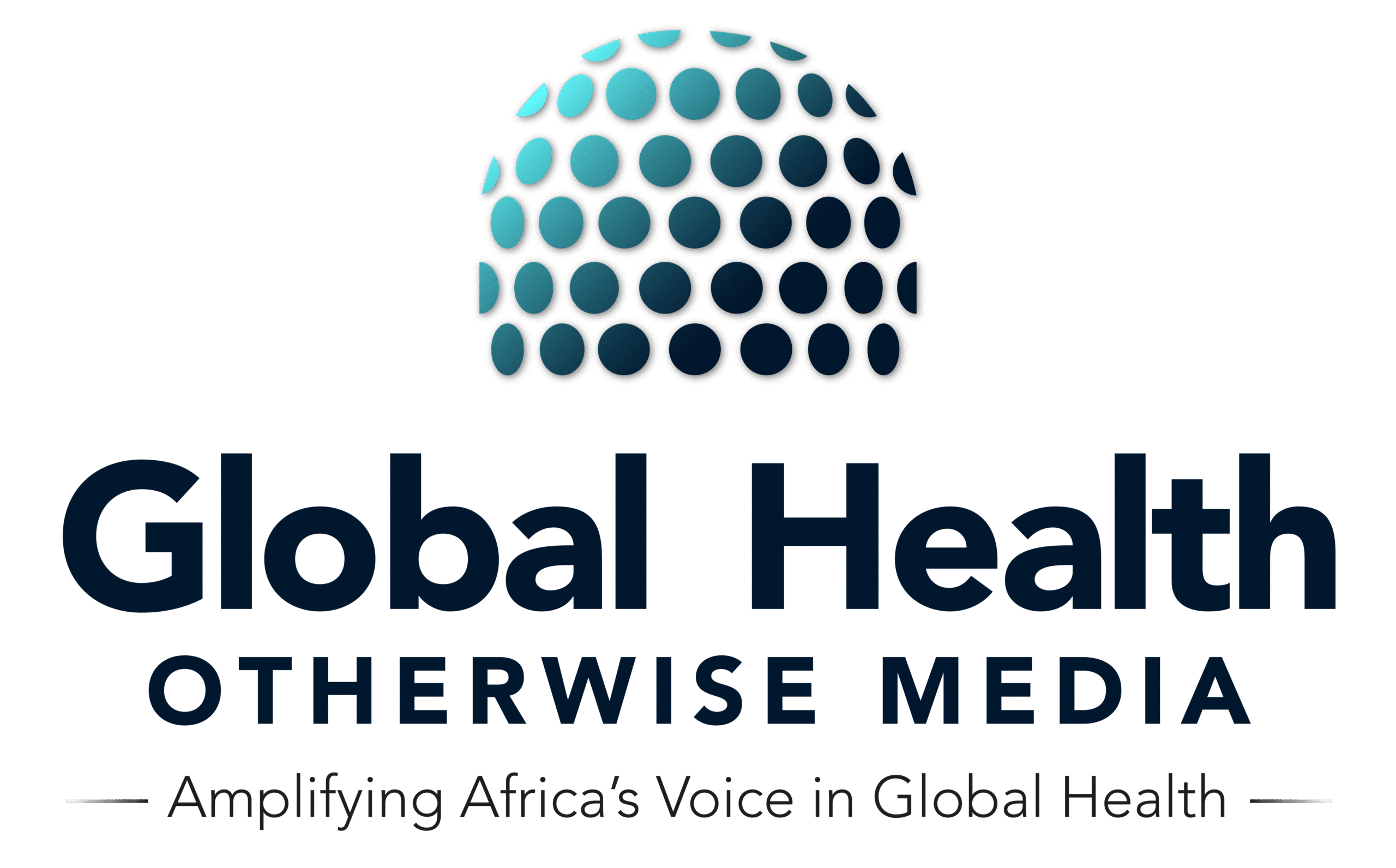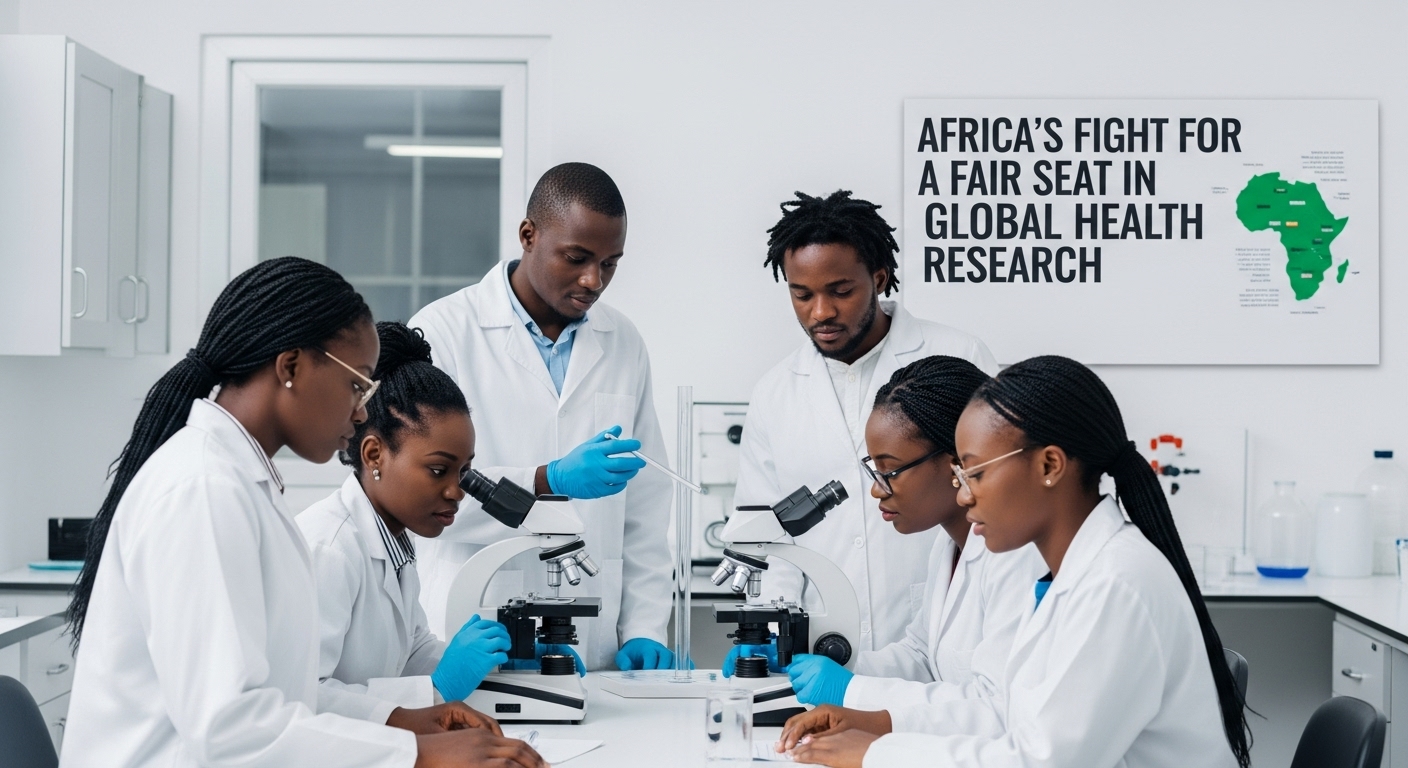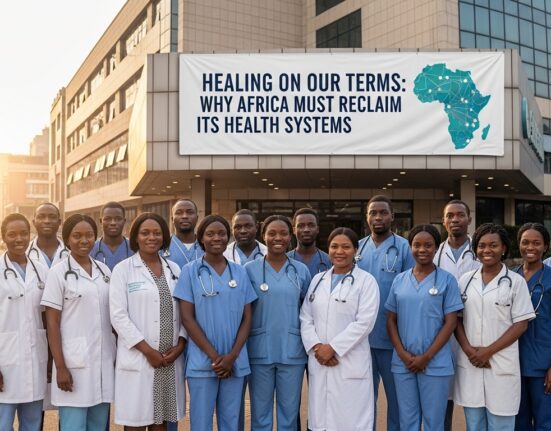Global health is built on the pillars of research. Every prescription written, vaccine administered, and incision in a surgical theater traces its roots to scientific breakthrough. Imagine being treated for a disease with guidelines designed for someone else, who doesn’t share your genetics, your environment, your reality. For millions of Africans, this isn’t imagination. It’s the norm. But what happens when that evidence excludes the very populations most at risk.
Africa carries 25% of global disease burden yet produces just 2% of the world’s health research. That gap is catastrophic. As non-communicable diseases (NCDs) were the leading cause of death among Africans, care decisions lean on data from foreign populations, ignoring Africa’s unique genetics and contexts. This mismatch undermines treatment, with medications that misfire, strategies that miss the mark, and lives lost to solutions never meant for them. Equity in research is not a favor but rather the foundation of credible, effective global health. This sidelining will persist until Africa leads its own research agenda.
The loss of ownership
Take the recent fight against malaria, where Africa remains the global epicenter. Many of the significant trials that influence policy are led by researchers from the Global North while African researchers often join late after the questions have already been asked, the methods chosen, and the funding has been disbursed. They are reduced to mere data collectors rather than contributing to the core of the research.
The intentional lack of data of Africans on significant health challenges like hypertension is disturbing. When high blood pressure is diagnosed, treatment is usually based on studies and data from Europe and the United States. However, the Europeans and Americans are different from a typical African especially in genetic composition which impacts disease management. These differences determine susceptibility, the use of medications, and outcome of diseases. A “one-size-fits-all” approach does not always fit. Without localized research, patients may receive medications that are less effective, or even harmful.
When research is conducted that leads to discoveries, innovations, and cures to diseases that are predominantly found in Africa (tropical diseases), the credits, profits, technicalities, and patents in many instances remain outside of the continent. It’s not just about who leads the research, but also about who benefits from it. These innovations and patents generate significant financial gains for research institutes, laboratories, and pharmaceuticals abroad, while African institutions struggle with underfunding, brain drain, and limited access to new technologies.
The walls to fair contribution
Researchers across Africa encounter challenges to fair contribution due to restricted access. They often face paywalls when trying to read the latest journals or high fees to publish their work. Conferences and collaborations are frequently held abroad, limiting participation due to visa hurdles or travel costs. These circumstances can unintentionally contribute to African voices being less prominently represented in important global health dialogues.
This also extends to decisions on what gets studied. Neglected tropical diseases dominate Africa’s health burden, but research on these conditions receives a fraction of global funding compared to conditions prevalent in richer nations as reported by WHO 2023. Meanwhile, African scientists often find themselves chasing grants to study topics defined by external bodies, even when those topics do not reflect local priorities.
Efforts from Africa
The continent is rich in talents and ambition. Universities, public health institutions, and research centers in Africa continue to train thousands of scientists committed to solving local health challenges.
Institutions like the Africa CDC, Nigeria’s NCDC, African Academy of Sciences, the Consortium for Advanced Research Training in Africa (CARTA) and research hubs in South Africa, Kenya, Nigeria and Senegal are shifting this balance. They showed leadership during pandemics and outbreaks. During COVID-19, South African scientists were among the first to detect and characterize new variants. Most of these institutes are investigating genomics, bioethics, and health systems research led by Africans, for Africans.
The way forward
Researchers in the continent need more opportunities to lead, more resources to conduct independent research, and a greater share of global recognition. To build a truly equitable global health research ecosystem, these efforts must be scaled, supported, and sustained as a new generation of African researchers, clinicians, and policymakers are stepping up to reclaim ownership of their health stories.
These efforts are not about excluding international partners. Rather, they are about ensuring that African voices are at the table, not just as data collectors, but as co-designers and decision-makers.
Equity is not about charity. It is about justice, mutual respect, and the belief that those closest to the problem are also closest to the solution. For global health research to be credible, impactful, and just, it must center African leadership, African priorities, and African expertise.



